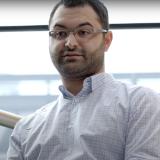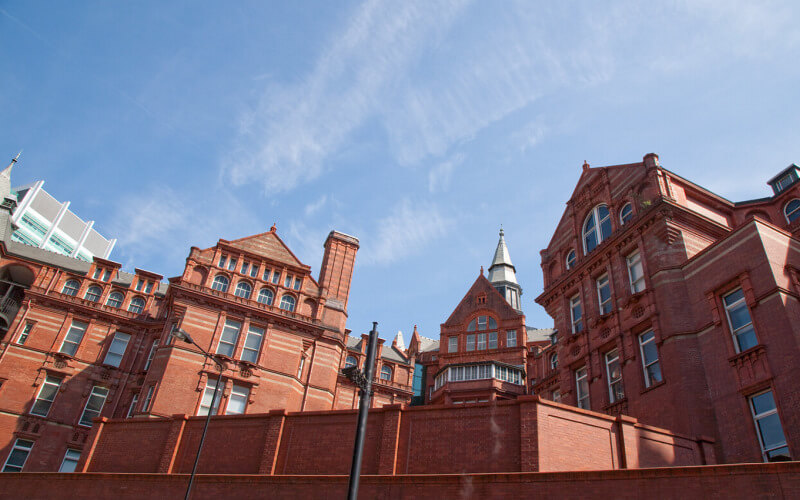Clinical Drug Development MSc
London, Bloomsbury
Study mode
UK tuition fees (2024/25)
£17,300
£8,650
Overseas tuition fees (2024/25)
£34,400
£17,200
Duration
1 calendar year
2 calendar years
Programme starts
September 2024
Applications accepted
Applicants who require a visa:
16 Oct 2023 –
28 Jun 2024
Applications closed
Applicants who do not require a visa:
16 Oct 2023 –
30 Aug 2024
Applications close at 5pm UK time
Applications open
Visit us
Online - Open day
Graduate Open Events: Respiratory Clinical Science MSc (Q&A Session)
This MSc focuses on the study of the scientific and clinical basis of respiratory diseases with all courses and modules directed towards understanding disease and the effects on patients. It will provide you with the tools to develop further careers in the area and create opportunities to interact with researchers, clinicians and pharmaceutical experts in respiratory medicine. Please join us to ask your questions about this exciting programme. Speaker - Dr Vitor Teixeira
UCL is regulated by the Office for Students.



